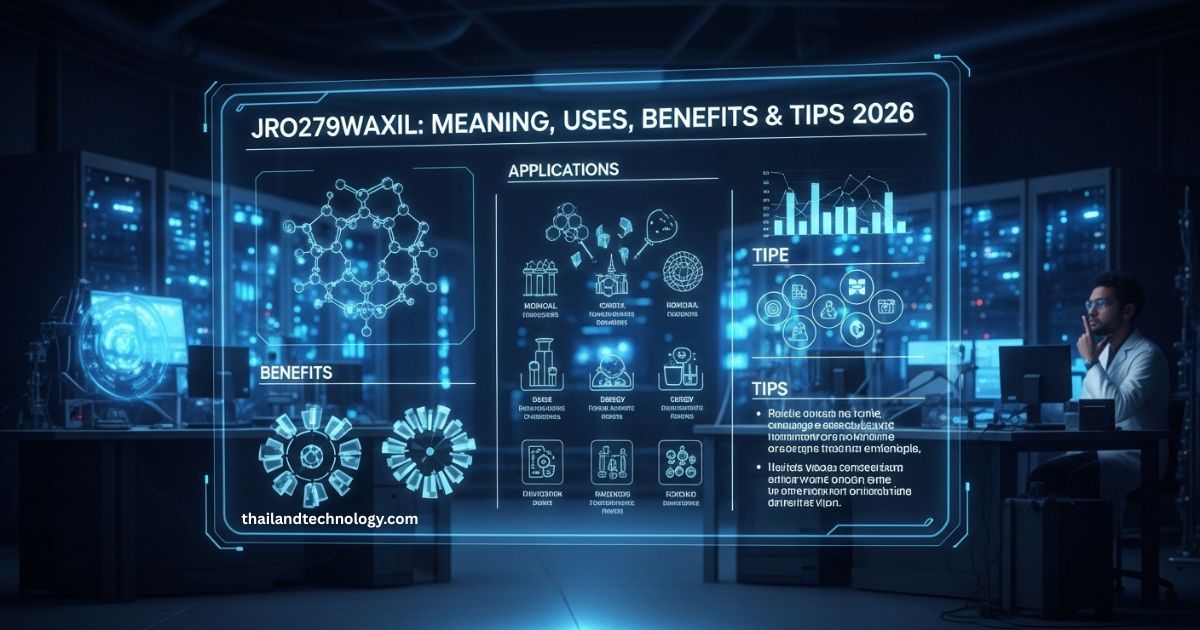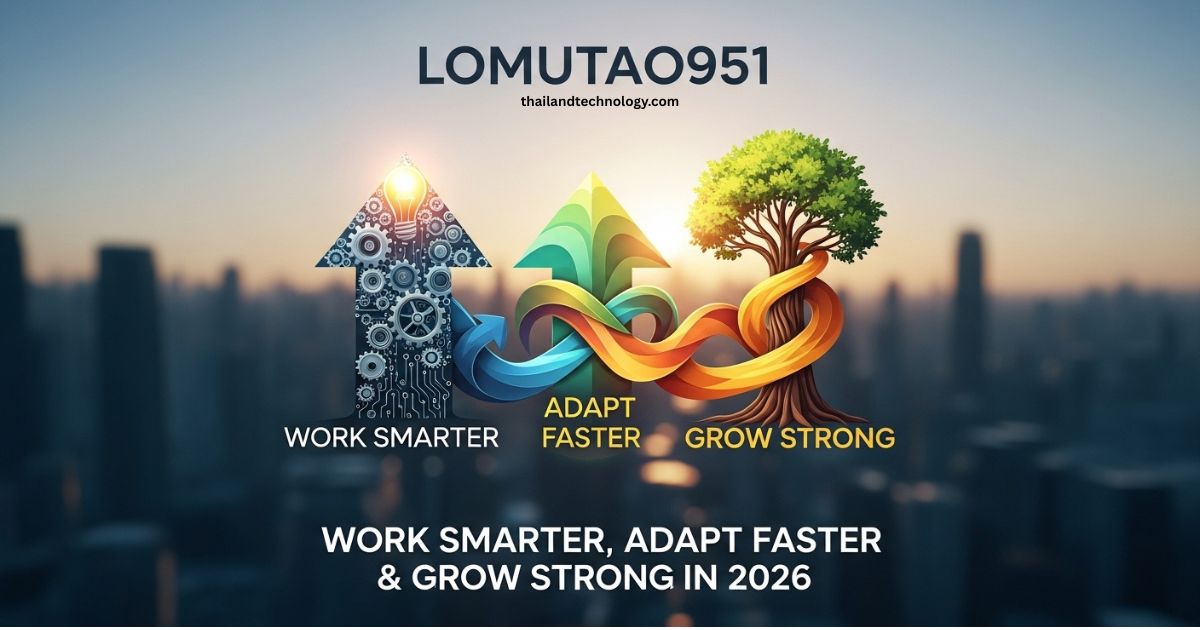The integration of artificial intelligence (AI) into business operations has been a game-changer in enhancing efficiency and driving innovation. AI management software serves as the backbone of this technological movement, synchronizing AI capabilities with a company’s strategic objectives. It enables the seamless integration of AI tools, ensuring that organizations fully leverage their data-driven potential. This sophisticated software has emerged as a crucial component in a wide range of business functions, from customer service to supply chain logistics.
Understanding AI Management Software in Modern Business
Alt text: Rows of desks with computer monitors showing financial and operational charts, illustrating how AI management software helps optimize business intelligence.
AI management software refers to the suite of tools designed to streamline the deployment, monitoring, and maintenance of AI applications within an organization. At its core, this software addresses the challenge of operationalizing AI, ensuring it works in harmony with human input and existing systems. With such technology, businesses gain insights into AI performance, data workflows, and the effectiveness of machine learning models.
The versatility of AI management software is evident across industries, from healthcare, where it streamlines patient diagnostics, to retail, where it enhances personalized shopping experiences. If you need a reliable way to manage growing AI systems, BA Insight by Upland offers a powerful solution. It plays a pivotal role in administering the vast networks of AI applications, each tailored to meet specific operational needs. As businesses expand, so does the complexity of managing these AI systems, emphasizing the need for robust management solutions.
Enhancing Decision-Making With AI-Driven Analytics
One of the most significant contributions of AI management is its ability to enhance decision-making through AI-driven analytics. By providing comprehensive data analysis, businesses can uncover patterns and insights that were previously hidden. This level of analysis facilitates more informed decision-making, allowing companies to act on evidence rather than intuition.
Leveraging big data, AI can reveal trends and forecast future scenarios with remarkable precision. For business leaders, this translates into the ability to make proactive, rather than reactive decisions, staying ahead of market changes, consumer behaviors, and potential risks. The foresight gained through AI analytics can be a defining factor in a company’s success.
Morever, AI-driven analytics help businesses optimize their operations by identifying inefficiencies. By scrutinizing every aspect of enterprise operations, AI tools can suggest areas for reducing cost, improving quality, and saving time. This efficiency can significantly bolster the bottom line while enhancing overall productivity.
Streamlining Operations: AI in Project and Process Management
Alt text: A modern office space filled with employees working on computers, with digital data overlays symbolizing project tracking, demonstrating the impact of AI management software.
AI management extends its reach into the core of business functionalities, which are project and process management. By automating routine tasks and workflows, AI frees up human resources for more strategic, creative work. This redefinition of roles and responsibilities has the potential to increase job satisfaction and reduce burnout among employees.
For project management, AI provides tools for better risk assessment, resource allocation, and timeline estimation. It also enables real-time project tracking, keeping all stakeholders informed and engaged. Consequently, projects are more likely to be delivered on time and within budget, enhancing overall organizational effectiveness.
Process management benefits from AI through the optimization of business processes. Whether it’s supply chain logistics or customer relationship management, AI identifies bottlenecks and proposes solutions to streamline operations. This continuous improvement cycle ensures that businesses remain dynamic and competitive.
The Human-AI Collaboration: Rethinking Workforce Management
The symbiosis between AI and the human workforce is reshaping the concept of work. AI management software fosters an environment where machine intelligence augments human capabilities, rather than replaces them. It provides the framework for skills development and workforce evolution, ensuring that workers stay relevant in an AI-focused future.
This collaborative environment encourages companies to reimagine roles and invest in training for digital competencies. It emphasizes human judgment, empathy, and strategic thinking —attributes that AI cannot replicate. Furthermore, AI can assist managers in workforce management by providing valuable insights into team dynamics and performance. It can predict potential conflicts, suggest optimal team compositions, and even help identify when employees might be facing burnout or disengagement.
The integration of AI management into business processes represents a transformative change with far-reaching implications. By elevating decision-making, streamlining operations, and fostering a collaborative workforce, AI is setting new standards for efficiency and innovation. As we continue to witness the growth of AI capabilities, its management will undoubtedly remain a cornerstone for businesses seeking to thrive in the digital era.















